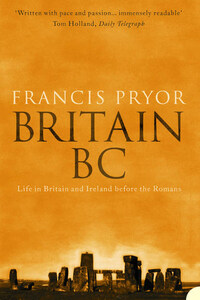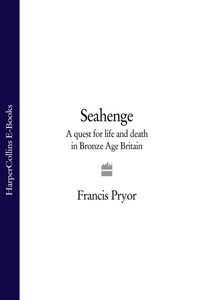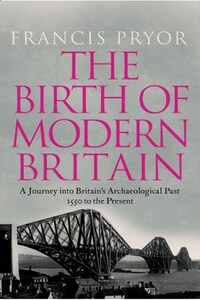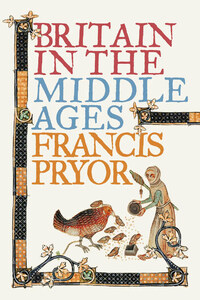I decided to write this book because I am fascinated by the story that British prehistory has to tell. By âprehistoryâ I mean the half-million or so years that elapsed before the Romans introduced written records to the British Isles in AD 43. I could add here that I was tempted to give the book a subtitle suggested to me by Mike Parker Pearson: âThe Missing 99 Per Cent of British and Irish Historyâ â but I resisted. In any case, when the Roman Conquest happened, British prehistory did not simply hit the buffers. Soldiers alone cannot bring a culture to a full stop, as Hitler was to discover two millennia later. It is my contention that the influences of British pre-Roman cultures are still of fundamental importance to modern British society. If this sounds far-fetched, we will see that Britain and Irelandâs prehistoric populations had over six thousand years in which to develop their special insular characteristics.
I regard the nations of the British Isles as having more that unites than divides them, and as being culturally peculiar when compared with other European states. I believe that this peculiarity can be traced back to the time when Britain became a series of offshore islands, around 6000 BC. Those six millennia of insular development gave British culture a unique identity and strength that was able to survive the tribulations posed by the Roman Conquest, and the folk movements of the post-Roman Migration Period, culminating in the Danish raids, the Danelaw and of course the Norman Conquest of 1066. Itâs in the very nature of British culture to be flexible and to absorb, and sometimes to enliven or transform, influences from outside. Nowhere is this better illustrated than by the historical hybrid that is the English language, which many regard as Britainâs greatest contribution to world culture.
The English language is of course a post-Roman phenomenon that owes much to influences from across the North Sea. Very recent research carried out by a team of scientists from University College (London University) Centre for Genetic Anthropology has shown that the genetic make-up of men now living in English towns mentioned in the Domesday Survey of 1086 is closely similar to that of men from Norway and the Province of Friesland in northern Holland.>1 By contrast, Welshmen from towns on the other side of Offaâs Dyke are genetically very different from English, Dutch and Norwegian males. Does this mean (as some have claimed) that the Anglo-Saxon âinvasionsâ of the early post-Roman centuries wiped out all the native Britons in what was later to become England? I suppose that on the face of it, it could, although Iâd like to see more supporting data, because thereâs very little actual archaeological evidence for the type of wholesale slaughter such a theory demands. Besides, people have always had to live in settlements and landscapes, which over the centuries acquire their own myths, legends and histories. These in turn may have a profound effect on the incoming component of the local population. Itâs not by any means a simple business of one lot in and another lot out.
It is difficult to accept that the entire British cultural heritage of England was wiped out by the Anglo-Saxons. Why, for example, did the newcomers continue to live in the same places as the people they are supposed to have ousted, retaining the earlier place-names? It simply doesnât make sense, and we should be cautious before adopting all the findings of molecular biology holus-bolus. Culture and population are not synonymous.
Stories have plots and themes, and I have fashioned this book around what I think are the most important. But inevitably I have had to omit an enormous amount of significant material, simply because it fell outside the immediate scope of the story. However,












